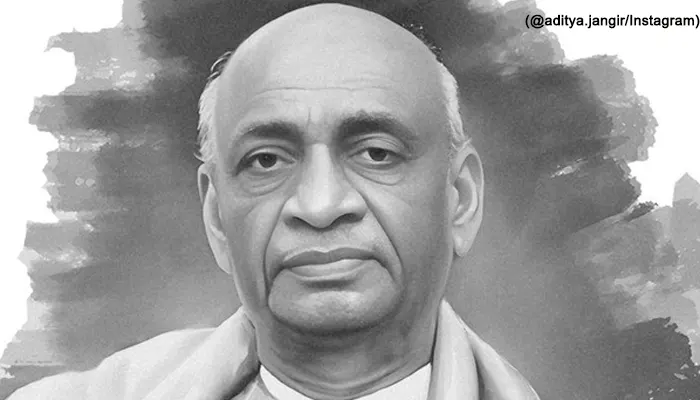
Don’t let fear cloud your understanding — AI is not your invisible shadow.
“AI is watching you 24/7.” Sounds like a line from a dystopian movie, doesn’t it? From whispers in global tech forums to casual chai chats in households, there’s growing concern that AI is constantly tracking us, spying on our phones, and listening to our private conversations. But here’s the truth — AI is not watching you all the time. Let’s find out the facts, bust the fear, and bring some clarity to one of the most popular AI myths.
Myth: AI Is Always Watching, Listening, and Recording
Thanks to pop culture and viral news bites, many believe AI is similar to a silent stalker, lurking behind our devices — spying on what we say, where we go, and what we do.

Truth: AI doesn’t automatically have access to your camera, mic, or personal data. Most AI tools work on input-based logic — they only respond to specific data previously fed to them. Getting some creepy feeling while receiving an ad for something you just talked about? That’s likely targeted algorithms at play, not AI eavesdropping.
How AI Works (and Why It’s Not Always “Watching”)
Artificial Intelligence systems rely on:
Data fed into them (like text, photos, or speech)
Algorithms trained on patterns
Pre-set tasks and goals
Let's take examples of Siri, Alexa, or Google Assistant. These voice assistants only get activated through keywords. So, they’re not always “listening” — they’re on standby until prompted. Similarly, AI-based CCTV analytics used in smart cities only analyse footage when asked to detect specific behavior like crowd movement or traffic violations — not your everyday life.

Myth: AI Reads Your Chats and Knows Your Secrets
This myth thrives in the age of WhatsApp and social media. Many Indians worry: “Is AI reading my private messages?”
Truth: Most platforms use end-to-end encryption, making messages unreadable to AI or even the companies themselves. The only time AI comes into the picture is when you use features like auto-suggestions or spam filters — and even after that, it processes patterns, not personal intent.
So, AI doesn’t know your love life or your family’s dinner plan — unless you post it online or ask for suggestions.

Where Privacy Actually Matters
Yes, privacy is crucial, and AI-based tools should always be handled responsibly. But the fear that AI is a digital spy is definitely not true.
Instead, you should be really concerned about privacy from:
Third-party apps collecting massive data from your smartphone
Insecure public WiFi networks
Lack of awareness about permissions

India’s AI Usage
In India, AI is being increasingly used for:
Predictive traffic management (not personal car tracking)
Crop monitoring through drones (not spying on farmers)
Facial recognition at airports (for security, not surveillance)
Customer support chatbots (not emotion tracking)
Fear vs Fact: Why This Myth Hurts Progress
Believing AI is “always watching” can lead to:
Unnecessary distrust in modern technologies
Resistance to helpful innovations
Paranoia that distracts from actual privacy threats (like cyber scams)
Instead, the overall focus should be on ethical AI use, robust data protection laws (like the Digital Personal Data Protection Act in India), and improved digital literacy.

Tips to Stay Smart — Not Scared
Check app permissions regularly
Use strong passwords and secure Wi-Fi
Stay informed about how AI tools you use actually work
Don’t fall for viral misinformation — always cross-check
Artificial Intelligence is not a spy hiding in your smartphone. It’s an excellent, limited, man-made tool — powerful, yes, but not omnipresent.
So next time someone says “AI is watching everything,” you can confidently respond — “No, it’s not. But I’m watching how I use it.”
Remember, AI is just a tool. Ultimately, it’s the humans behind it who choose how to use it.



.webp)

.webp)






